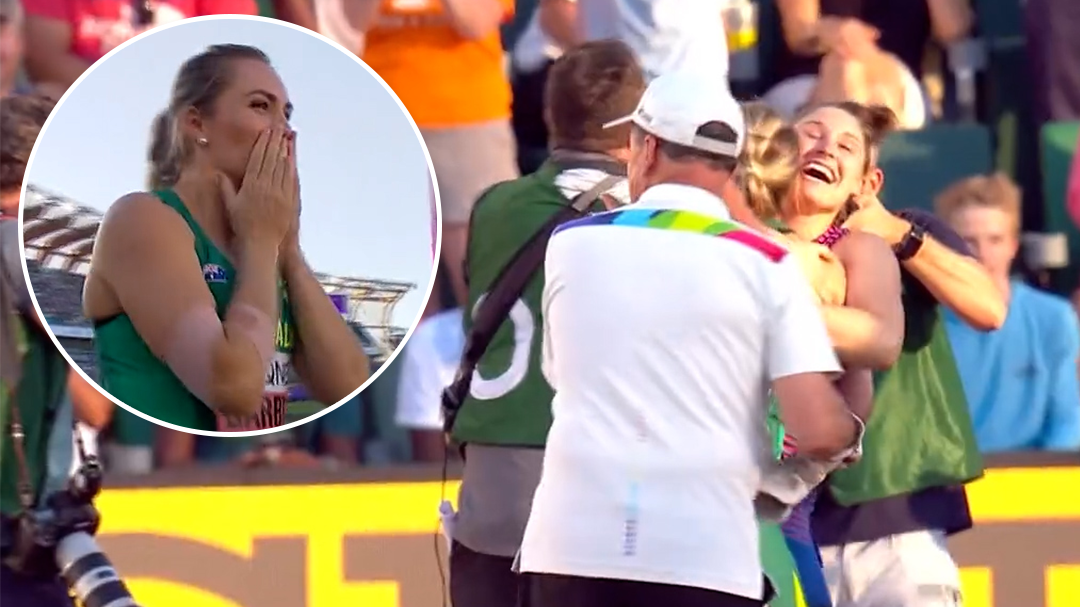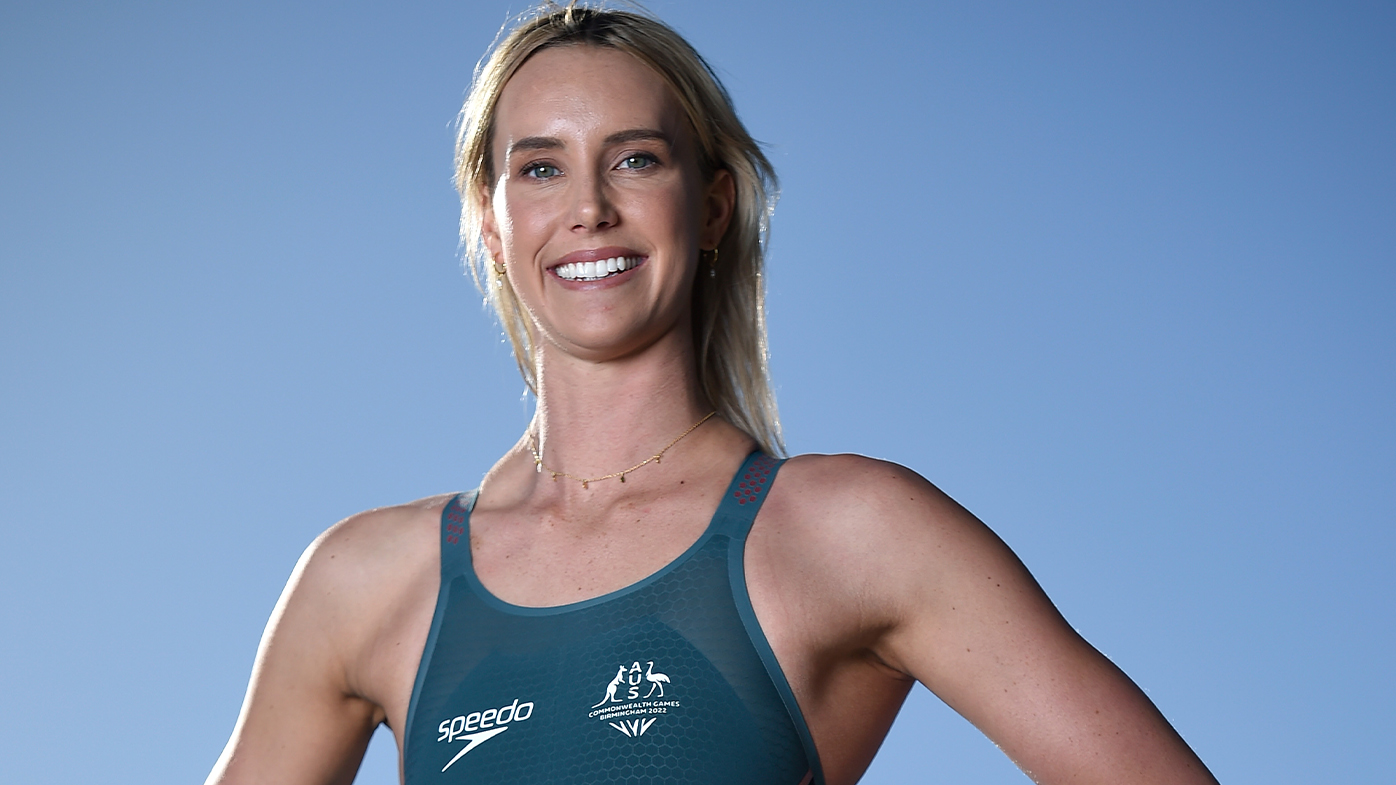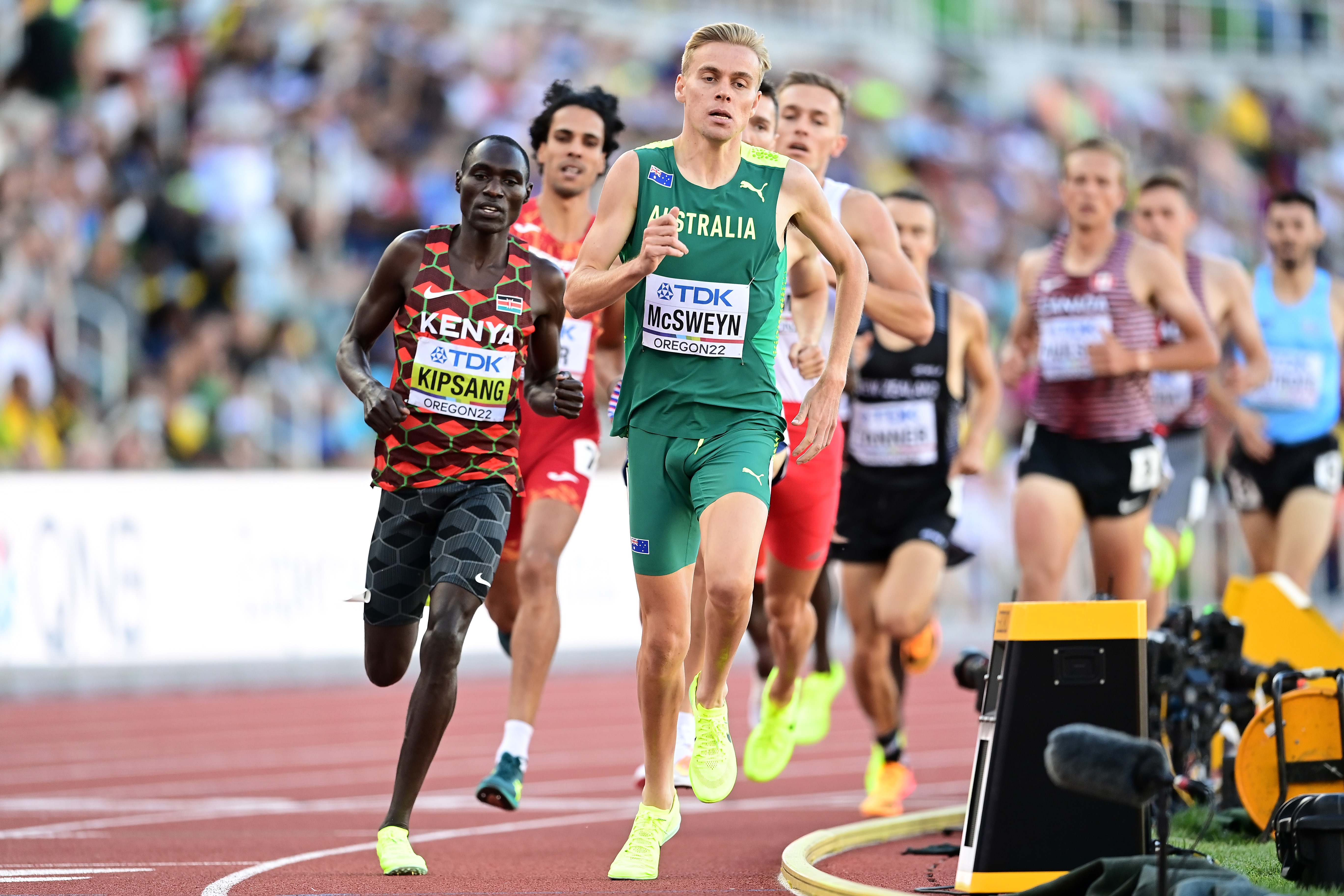The 2022 Commonwealth Games, hosted by the English city of Birmingham, is upon us.
Here’s everything you need to know as Australia descends on Birmingham in pursuit of a gold rush.
What are the dates?
The Commonwealth Games run from July 28 through to August 8. The opening ceremony starts at 4am (AEST) on Thursday and competition begins at 5.30pm on Friday, with lawn bowls and para-lawn bowls getting the action underway. The closing ceremony begins at 5am on August 8. The east coast of Australia is nine hours ahead of Birmingham.
READ MORE: Hasler ‘sincerely apologises’ for ‘significant pain’
About the host city
Birmingham in England’s West Midlands region is hosting the Commonwealth Games for the first time, while they’re taking place in England for the third time. London hosted the 1934 Games, known then as the British Empire Games, and Manchester was the location for the 2002 edition.
Competing countries and territories
A total of 54 countries and 18 territories are gathering in Birmingham for the Commonwealth Games.
How many have you heard of?
Anguilla, Antigua and Barbuda, Australia, Bahamas, Bangladesh, Barbados, Belize, Bermuda, Botswana, British Virgin Islands, Brunei, Cameroon, Canada, Cayman Islands, Cook Islands, Cyprus, Dominica, England, Eswatini, Falkland Islands, Fiji, Ghana, Gibraltar, Grenada, Guernsey, Guyana, India, Isle of Man, Jamaica, Jersey, Kenya, Kiribati, Lesotho, Malawi, Malaysia, Maldives, Malta, Mauritius, Montserrat, Mozambique, Namibia, Nauru, New Zealand, Nigeria, Niue, Norfolk Island, Northern Ireland, Pakistan, Papua New Guinea, Rwanda, Saint Helena, Saint Kitts and Nevis, Saint Lucia, Saint Vincent and the Grenadines, Samoa, Scotland, Seychelles, Sierra Leone, Singapore, Solomon Islands, South Africa, Sri Lanka, Tanzania, The Gambia, Tonga, Trinidad and Tobago, Turks and Caicos Islands, Tuvalu, Uganda, Vanuatu, Wales, Zambia.
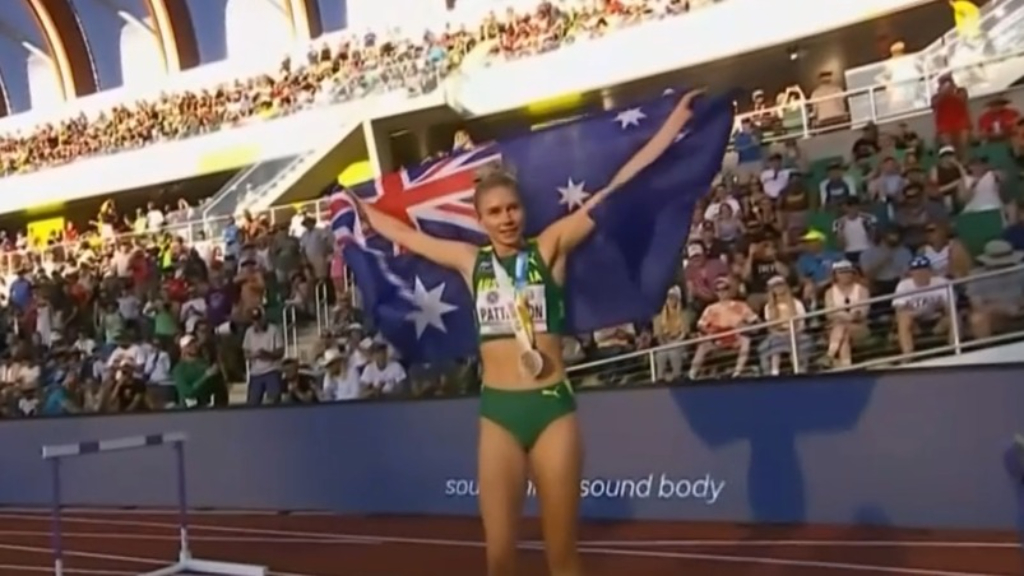
Which sports are on the program?
Australia is contesting every sport on the program: aquatics (diving and swimming), athletics, badminton, 3×3 basketball, beach volleyball, boxing, cricket (T20 women), cycling (mountain biking, road and track), gymnastics (artistic and rhythmic), field hockey, judo, lawn bowls, netball, powerlifting, rugby sevens, squash, table tennis, triathlon, weightlifting and wrestling.
There are eight sports for para-athletes: swimming, athletics, cycling, lawn bowls, powerlifting, table tennis, 3×3 wheelchair basketball and triathlon.
READ MORE: Gay Manly young gun ‘devastated’ by boycott
Sports not in the Olympics nor Paralympics
T20 cricket (women), lawn bowls, netball and squash.
Sports contested in the 2021 Tokyo Olympics that aren’t featuring in Birmingham include water polo, rowing, baseball, softball, equestrian, fencing, golf, soccer, handball, sailing, skateboarding, surfing and tennis.
New sports
T20 cricket (women), judo, 3×3 basketball, 3×3 wheelchair basketball and para-table tennis.
Swimming and athletics
Swimming is contested over six consecutive days from July 29 (AEST), beginning at 7.30pm each day and lasting up to two hours and 45 minutes.
The athletics is also held over six days in succession, but from August 2. Each session begins at 7pm and takes up to four hours and 15 minutes.
What should I know about the Australian team?
Australia selected a team of 433 athletes, including 231 female athletes, 201 male athletes and one non-binary athlete.
It is Australia’s second-largest team in history, behind the Gold Coast Commonwealth Games group of 2018.
There are 349 able-bodied athletes, 75 para-sport athletes, four triathlon guides, two lawn bowls directors and two cycling pilots.
Australia is one of just six countries to have contested every Commonwealth Games, along with Canada, England, New Zealand, Scotland and Wales.
Who are Australia’s best medal chances?
Swimming queens Emma McKeon, Ariarne Titmus and Kaylee McKeown are all major gold-medal contenders, as is Kyle Chalmers. McKeon is the most successful Australian Olympian of all time after her heroics in Tokyo last year, while Titmus clinched two gold medals and McKeown three. Chalmers is both an Olympic and Commonwealth Games champion.
Kelsey-Lee Barber (javelin), Nina Kennedy (pole vault), Eleanor Patterson (high jump) and Nicola Olyslagers (high jump) are all huge medal chances. Barber and Patterson claimed gold at July’s World Athletics Championships, and Kennedy collected bronze. Olyslagers picked up silver at last year’s Tokyo Olympics.
Don’t write off Stewart McSweyn in the men’s 1500m. The Tasmanian reached the Tokyo Olympics final and the World Athletics Championships decider, finishing seventh and ninth respectively. His personal best of 3:29.51 is a sure sign he’s a genuine threat on the world stage.
READ MORE: The American who could steal Piastri’s F1 drive
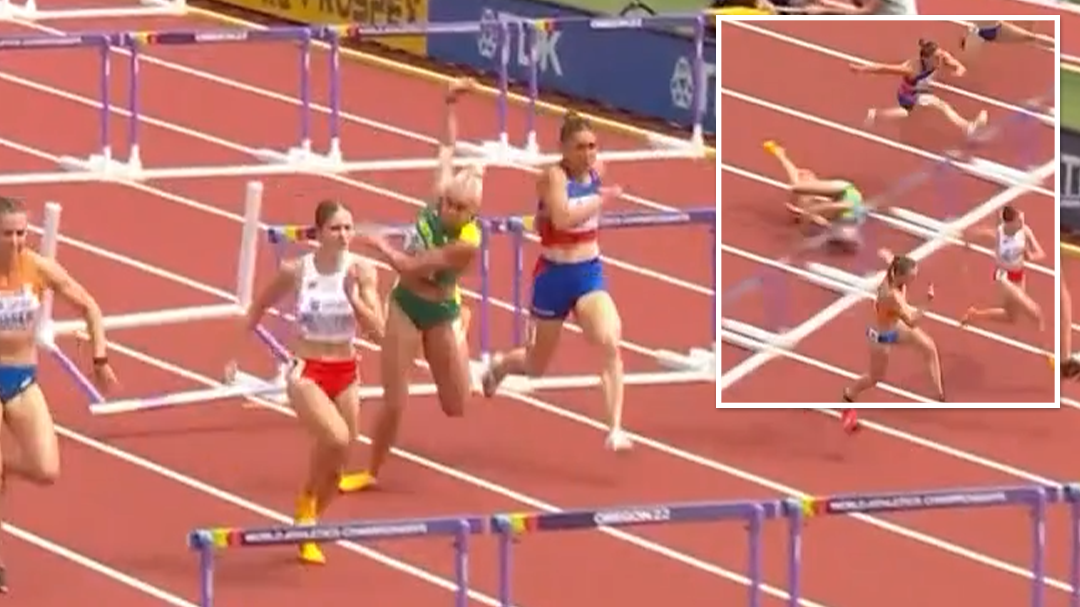
The Kookaburras have won every hockey gold medal possible at the Commonwealth Games and the Hockeyroos are also strong.
The Australian women’s T20 cricket team is a hot chance to conquer the inaugural Commonwealth Games tournament. Meg Lanning’s team has won the last two T20 World Cups.
Both rugby sevens teams have also had magnificent 2022 campaigns, so consider them significant medal chances.
Australian Commonwealth Games history
Australia is the most successful Commonwealth Games nation having hauled in 2415 medals, including 932 gold, 774 silver and 709 bronze. England is sitting in second with 2144 medals, including 714 gold, 715 silver and 715 bronze. And the third-placed Canada has won 1555 medals, having collected 484 gold, 516 silver and 555 bronze.
Australia is gunning for its 1000th Commonwealth Games gold medal in Birmingham.
Australia has topped the medal count 13 times out of the 21 Games it has contested since 1930.
The 1994 edition, which yielded 88 gold medals in the Canadian city of Victoria, remains Australia’s most successful Games.
Australia has never won more medals than in Melbourne in 2006, when the team bagged 221.
The 2018 Commonwealth Games on the Gold Coast saw Australia reel in 80 gold medals, 61 silver medals and 60 bronze medals for a table-topping 201 medals.
Swimming greats Susie O’Neill, Ian Thorpe and Leisel Jones share the record for most gold medals for Australia, having won 10 each.
McKeon, who’s won eight gold medals and 12 medals overall, is poised to surge past the legendary trio in Birmingham. The 28-year-old is locked in for nine events.
Shooter Phillip Adams holds the Australian record for overall medals, having taken out 18 across five Games.
What’s the mascot?
The official mascot of the Birmingham Commonwealth Games is named Perry, a multi-coloured bull.
For a daily dose of the best of the breaking news and exclusive content from Wide World of Sports, subscribe to our newsletter by clicking here!
